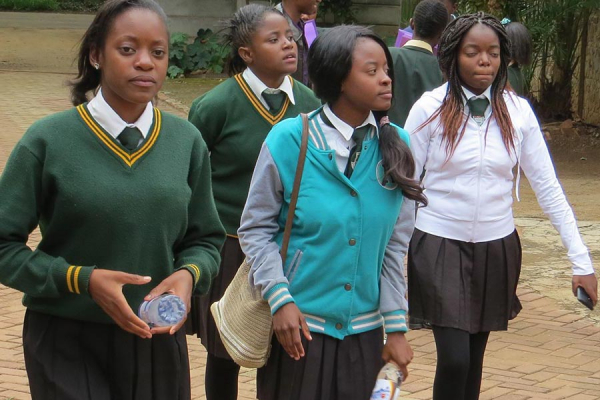
TODAY, schools are opening for the second term under a cloud of uncertainty with teachers threatening to down tools over poor salaries and other conditions of service.
Government at the weekend reacted by promising a $20 increment in a bid to pacify the restive teachers. The teachers have reacted angrily to the so-called salary increment which was meant to supplant their agreed position not to go back to school until their demands are met.
In all honesty, the increment is a drop in the ocean given the amount of work teachers apply in shaping the future of the country. We believe, there has to be dialogue between government as the employer and the teachers’ unions on the way forward.
We urge both government and the teachers to seek a common position for the benefit of the schoolchildren. Antagonism will not help. It is unfortunate that the schools are opening at a time Vice-President Constantino Chiwenga is the acting President while Emmerson Mnangagwa is in the Middle East on State business.
It will not escape the teachers that it was Chiwenga who ordered the wholesale dismissal of nurses after a similar strike action recently. This resulted in many deaths, and ironically government quietly decided to re-hire most, if not all, the striking nurses.
This should help Chiwenga to act rationally when it comes to issues of civilian life. We also urge the teachers’ unions to act in a way that will not disadvantage the thousands of schoolchildren across the country.
Primary and Secondary Education minister, Paul Mavima, warned the teachers last week that government would not allow the situation in the education sector to “deteriorate into chaos”.
It is our hope that instead of issuing warnings, Mavima should work hard to improve the conditions of service of the teachers, while they carry out their constitutional duties.
- Chamisa under fire over US$120K donation
- Mavhunga puts DeMbare into Chibuku quarterfinals
- Pension funds bet on Cabora Bassa oilfields
- Councils defy govt fire tender directive
Keep Reading
We believe the salary pressure that the teachers’ unions are putting on government should be viewed in the correct context and as genuine.
Confrontation will not work at all. The vogue promises, statements and threats by government officials will outweigh what could be achieved through dialogue.
Zimbabwe’s rural primary school infrastructure is crumbling, gnawed to a point of dereliction by decades of neglect. The schools even in urban set-ups are stretched to breaking point by increased enrolment without financial resources to match. Talk of big classes some with as many as over 60 pupils, inadequate teaching resources like textbooks, hot-sitting and let alone the cracked walls and floors, peeling paint, sagging rafters, unglazed windows and dilapidated structures.
No doubt this rot has been accelerated by an education policy that reposed responsibility for the upkeep of buildings in community self-help projects run by poor citizens. In instances, where donors have lent a hand by providing building material, the schools have fared better.
Except for a few modern houses built from donor funds, teachers at rural primary schools have had to live with sharing ramshackle accommodation.
Therefore, this ill-treatment of teachers across the country should be stopped. They also have families, and their welfare should paramount. While we urge the teachers to continue with their good work, this should not mean that their plight must be neglected as is the case now.
Government must ensure their welfare is taken care of, not this token increment while corruption in the country’s top leadership is remunerated by way of refusing to prosecute the culprits.
We have no doubt that it is foolhardy for the Zanu PF leadership to ignore the teachers’ calls for better remuneration and general improvement of their conditions of service especially now as the country inches closer to an election.











